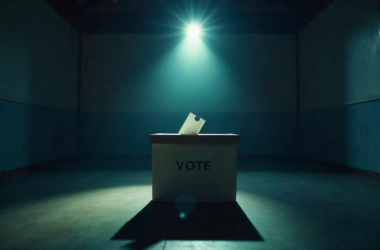The integration of artificial intelligence (AI) into photography has already begun to revolutionise the field, enhancing both the creative and technical aspects of capturing images. As Photo AI technology continues to advance, the future promises even more groundbreaking developments. This article explores the potential future of Photo AI, its impact on photography, and the exciting possibilities it holds.
Advancements on the Horizon
- Real-Time Image Enhancement: Future AI-powered cameras and smartphones will be capable of real-time image enhancement. This means adjustments to lighting, exposure, and colour balance can be made instantly as you take the photo, ensuring perfect shots every time.
- AI-Driven Creativity Tools: AI will continue to expand its role in creative processes. Imagine AI that can suggest composition techniques, generate artistic filters, or even create entirely new visual elements based on your style preferences.
- Seamless Integration with Smart Devices: As smart home and personal devices become more interconnected, Photo AI will seamlessly integrate with these technologies. You’ll be able to control your camera settings, organise your photo library, and share images through voice commands or automated processes.
Enhancing User Experience
- Simplified Editing Processes: Advanced AI will take photo editing to the next level by automating complex tasks. From removing unwanted objects to enhancing fine details, future AI tools will make professional-grade editing accessible to everyone.
- Personalised Recommendations: Photo AI will learn your preferences and shooting style over time, offering personalised suggestions for improving your photography. Whether it’s recommending the best time of day for a shoot or suggesting creative ideas, AI will act as a personal photography assistant.
- Improved Facial and Object Recognition: AI’s ability to recognise faces and objects will become more accurate and nuanced. This will not only make organising photos easier but also enhance security features and enable more sophisticated applications in fields like wildlife photography and surveillance.
Expanding Creative Possibilities
- AI-Generated Content: The future may see AI generating entirely new visual content. This includes creating realistic scenes, animations, or even augmented reality experiences, pushing the boundaries of traditional photography.
- Interactive Storytelling: AI will enable more immersive and interactive storytelling experiences. Photographers will be able to create dynamic photo stories that adapt and respond to viewers’ interactions, offering a more engaging and personalised experience.
- Collaborative Creativity: AI will facilitate collaborative projects, allowing photographers from around the world to work together in real-time. Shared AI tools and platforms will enable seamless collaboration and innovation.
Ethical Considerations and Challenges
As Photo AI advances, it’s essential to address ethical considerations and challenges. These include:
- Privacy and Data Security: Ensuring that personal photos and data are protected from misuse or breaches will be a top priority.
- Bias and Representation: AI algorithms must be designed to avoid biases and ensure fair representation of all subjects.
- Impact on Employment: The rise of AI in photography could impact jobs within the industry. It’s crucial to consider how these changes will affect photographers and related professions, and to explore ways to support and adapt to this evolving landscape.
Conclusion
The future of Photo AI is filled with exciting possibilities that will transform how we capture, edit, and experience photography. From real-time enhancements to AI-driven creativity tools, the advancements on the horizon promise to make photography more accessible, personalised, and innovative. As we embrace these technological changes, it’s important to navigate the ethical challenges and ensure that AI serves to enhance and enrich the art of photography.










